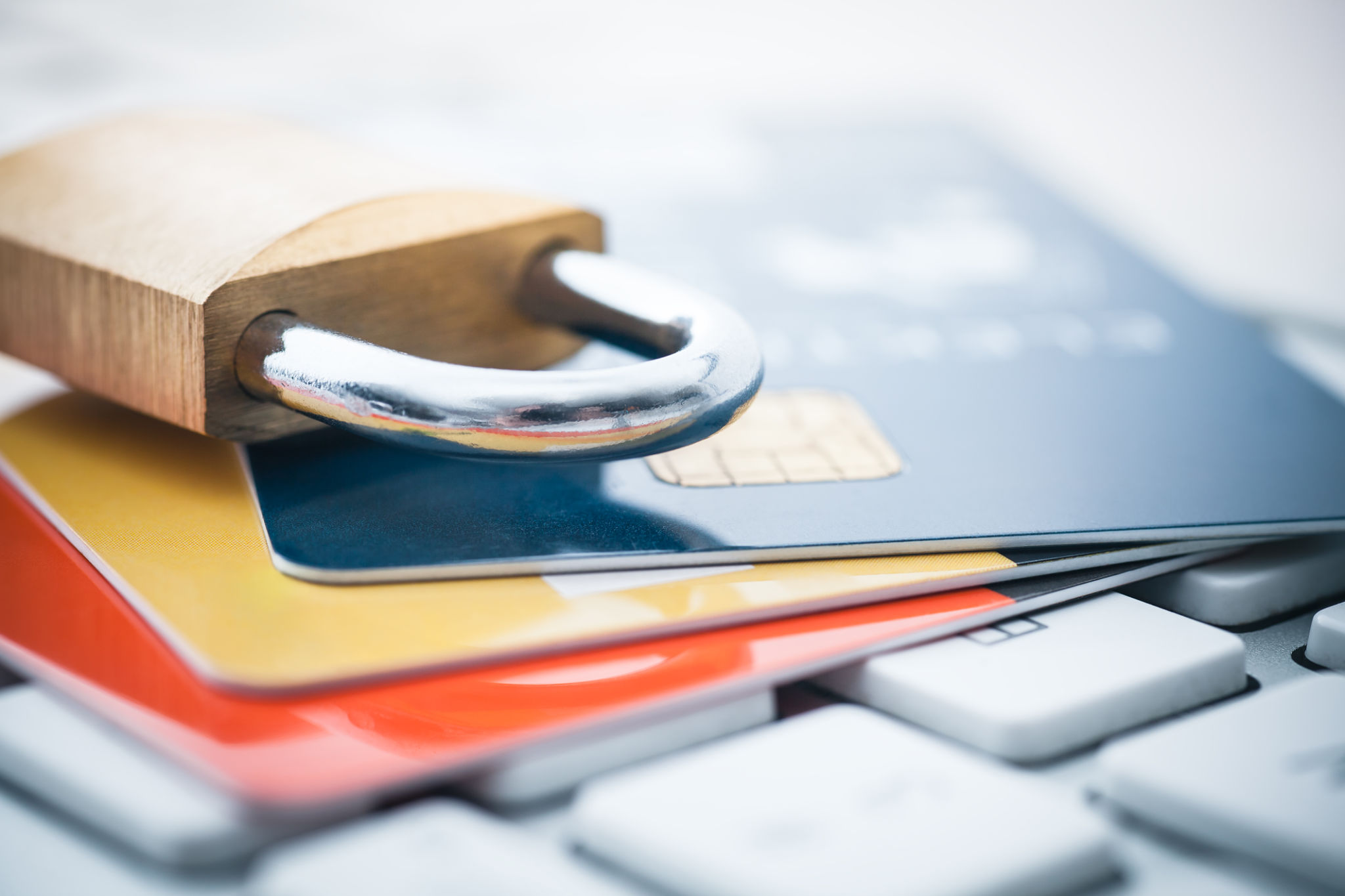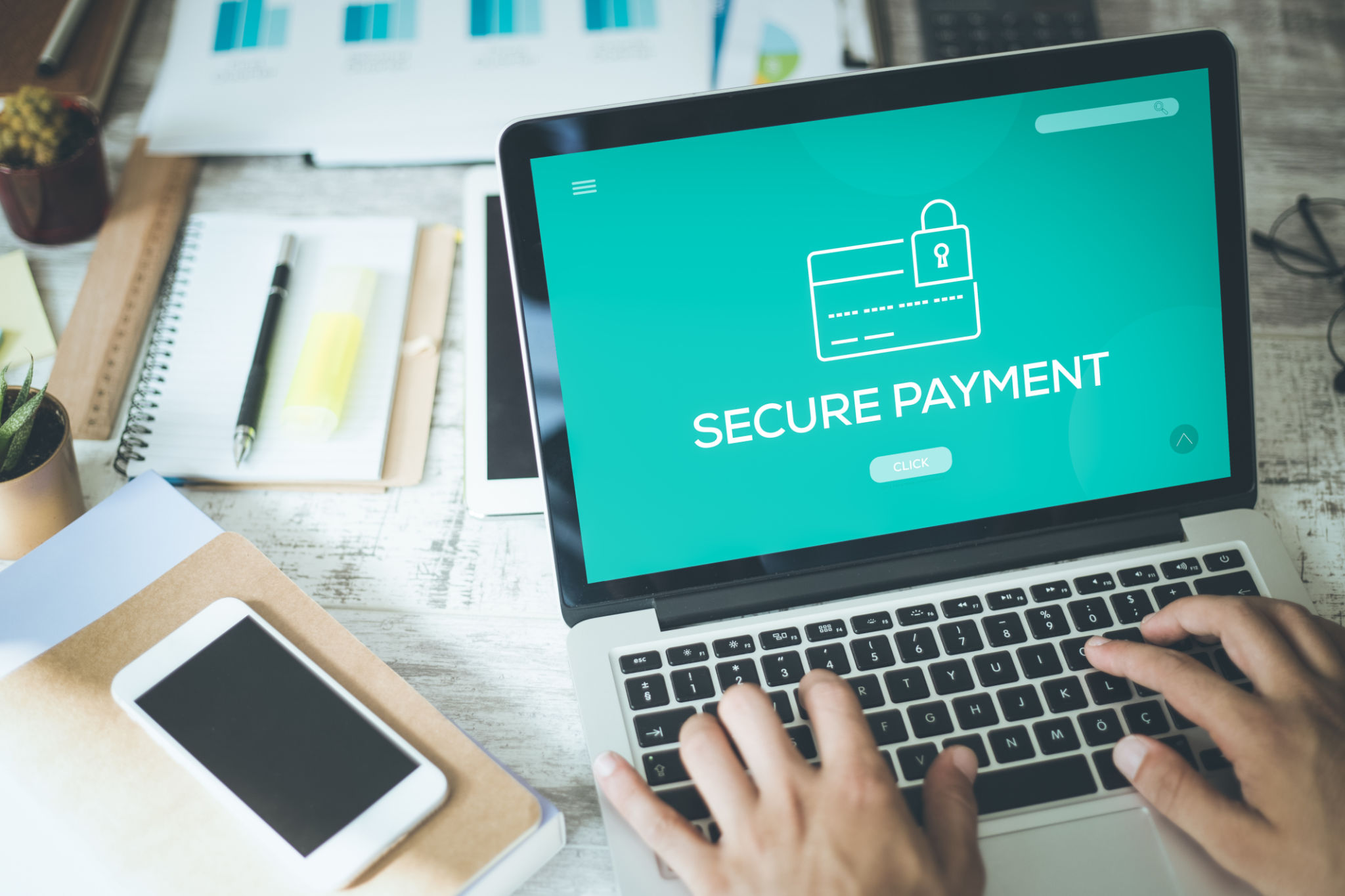Expert Tips for Enhancing Payment Security in Your Business
Understanding the Importance of Payment Security
In today's digital age, ensuring the security of your payment systems is not just a legal and ethical obligation but a strategic business advantage. Breaches can lead to significant financial losses and irreparable damage to your brand's reputation. As businesses increasingly rely on online transactions, the importance of implementing robust payment security measures cannot be overstated.

Implementing Strong Authentication Methods
One of the most effective ways to enhance payment security is by implementing strong authentication methods. Two-factor authentication (2FA) is a simple yet powerful tool that requires users to provide two forms of identification before accessing their accounts. This additional layer of security significantly reduces the risk of unauthorized access.
Beyond 2FA, businesses should consider investing in biometric authentication technologies such as fingerprint or facial recognition. These technologies provide a higher level of security by ensuring that only the authorized user can access sensitive information.
Regularly Updating Software and Systems
Keeping your software and systems up to date is crucial in protecting your business from vulnerabilities. Cybercriminals are constantly looking for weaknesses in outdated systems, so it's essential to regularly update your software with the latest security patches. This proactive approach can help prevent potential attacks.

Data Encryption: A Key Component
Data encryption is an essential component of payment security. By encrypting sensitive information, you ensure that even if data is intercepted, it cannot be read without the proper decryption key. This method protects both your business and your customers from data breaches.
Businesses should use end-to-end encryption (E2EE) to secure data as it travels from the point of entry to the endpoint. This ensures that all transactions are encrypted from start to finish, providing comprehensive protection.
Training Employees on Security Best Practices
Your employees play a crucial role in maintaining payment security. Conduct regular training sessions to educate them about the latest security threats and best practices. Employees should be aware of phishing scams, the importance of using strong passwords, and how to recognize suspicious activities.

Conducting Regular Security Audits
Regular security audits are vital for identifying potential vulnerabilities in your payment systems. By conducting these audits, you can assess the effectiveness of your current security measures and make necessary improvements. Consider hiring third-party security experts to provide an unbiased evaluation of your systems.
These audits should include penetration testing, which simulates cyberattacks to uncover weaknesses that need to be addressed. Consistent auditing helps in maintaining a strong security posture and adapting to new threats.
Implementing Secure Payment Gateways
Choosing a secure payment gateway is essential for protecting your customers' data during transactions. Look for gateways that offer robust security features such as fraud detection, tokenization, and PCI DSS compliance. These features ensure that sensitive information is handled securely at every stage of the transaction process.

Conclusion: Staying Ahead of Threats
Enhancing payment security in your business is an ongoing process that requires vigilance, investment, and education. By implementing strong authentication methods, regularly updating systems, conducting security audits, and educating employees, you can significantly reduce the risk of a breach. Staying informed about emerging threats and technologies will help you maintain a secure environment for both your business and your customers.
